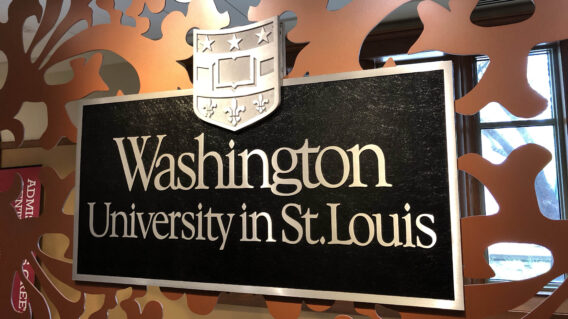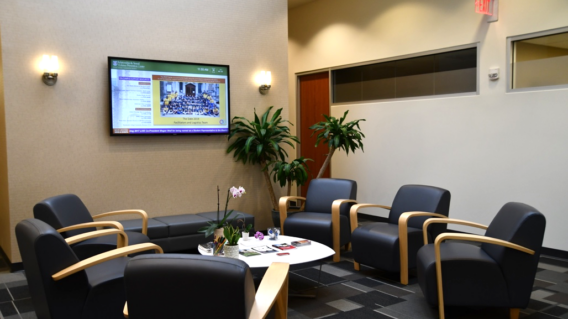Listen. Believe. Support.
Leave This Site
It has come to our attention that some students have confused the RSVP Center with the #MeToo WashU group. As a result, some students have not felt comfortable accessing RSVP Center Services.
We are not affiliated with #MeToo WashU in any way. #MeToo is not a university recognized student group.
The RSVP Center advises and works closely with the student groups LIVE and SARAH. We work with and welcome all students who may need our services.
We see you. We hear you. We believe you.
24-hour services are available for individuals in immediate need of assistance, such as hospital care, reporting an assault to police or emergency housing accommodations.
Mission
The RSVP Center operates from a public health model and utilizes Trauma Informed Practices, Response, and Prevention Education to address Relationship and Sexual Violence.
Vision
We are committed to affirming, inclusive care and programming, and to being lifelong learners in our work.
24-hour services are available for individuals in immediate need of assistance, such as hospital care, reporting an assault to police or emergency housing accommodations.
Our Collective Why
As a department of Washington University the Relationship and Sexual Violence Prevention (RSVP) Center seeks to help the University move toward its vision, “to discover and disseminate knowledge, and protect the freedom of inquiry through research, teaching, and learning.”
We believe that in order for students to succeed at Wash U, and beyond, and for the University to demonstrate good stewardship of the health and well-being of students entrusted to its care, basic needs of health and safety must be prioritized and addressed for each individual. As such, the RSVP center seeks to embed health and wellbeing into all aspects of the campus with a specific focus on relationship and sexual violence (RSV).
The staff of the RSVP Center understand the nuances of RSV and identify as a specialty care clinic for survivors that utilizes evidence based treatment to allow survivors to heal and grow. We are committed to providing inclusive and equitable access to support and prevention services to all students. We believe that the effects of RSV are wide-reaching and include the impact to survivors, those who care about them, and the campus community as a whole. Therefore, RSV prevention is the responsibility of all members of the community.
We utilize trauma-informed, evidence-based prevention work to engage students and other campus partners as stakeholders in addressing RSV. We hope that one day, clinical services will no longer be necessary. We continue to work toward a campus culture in which mutual respect, consent, and choice are daily practices.











